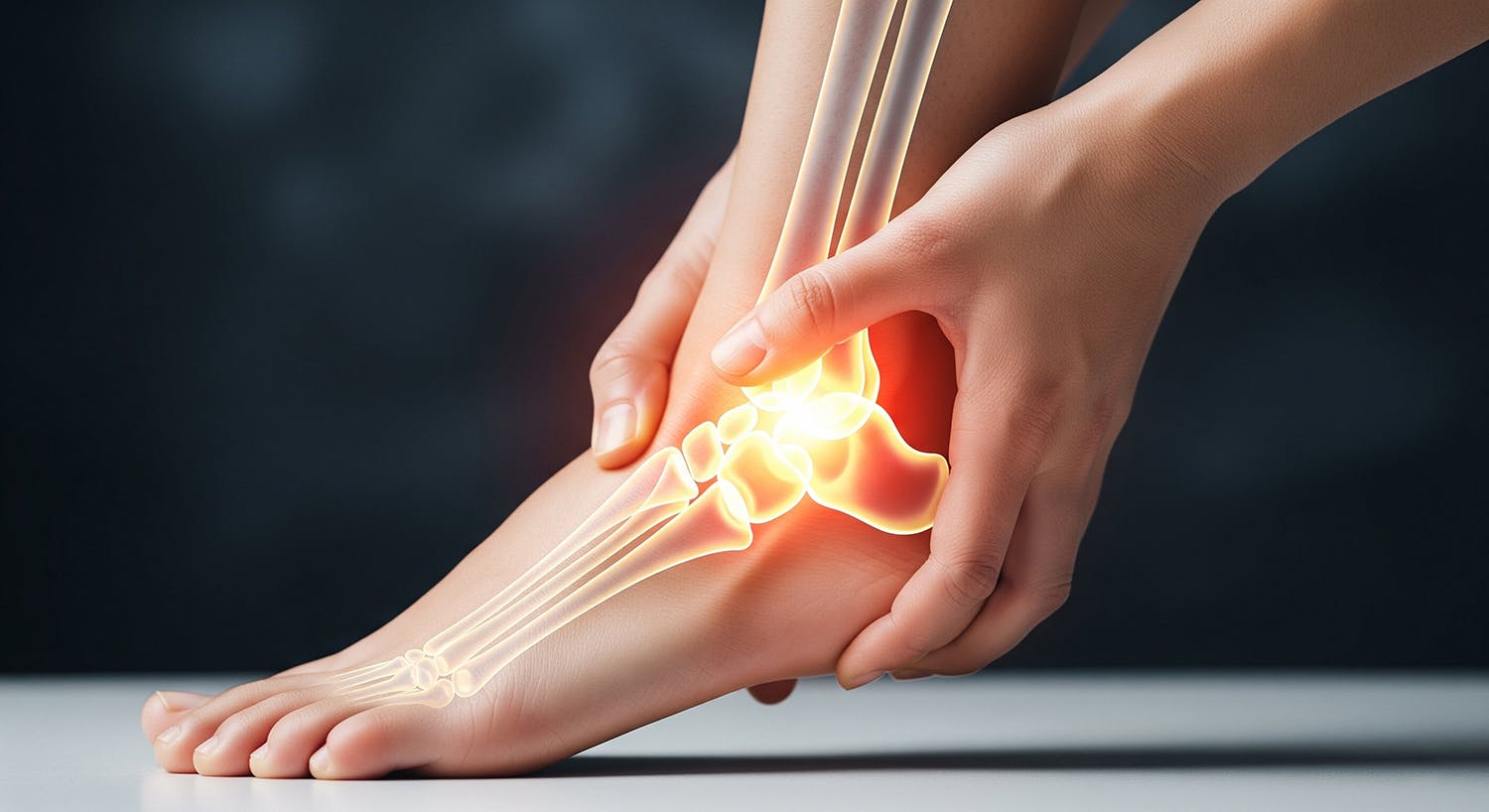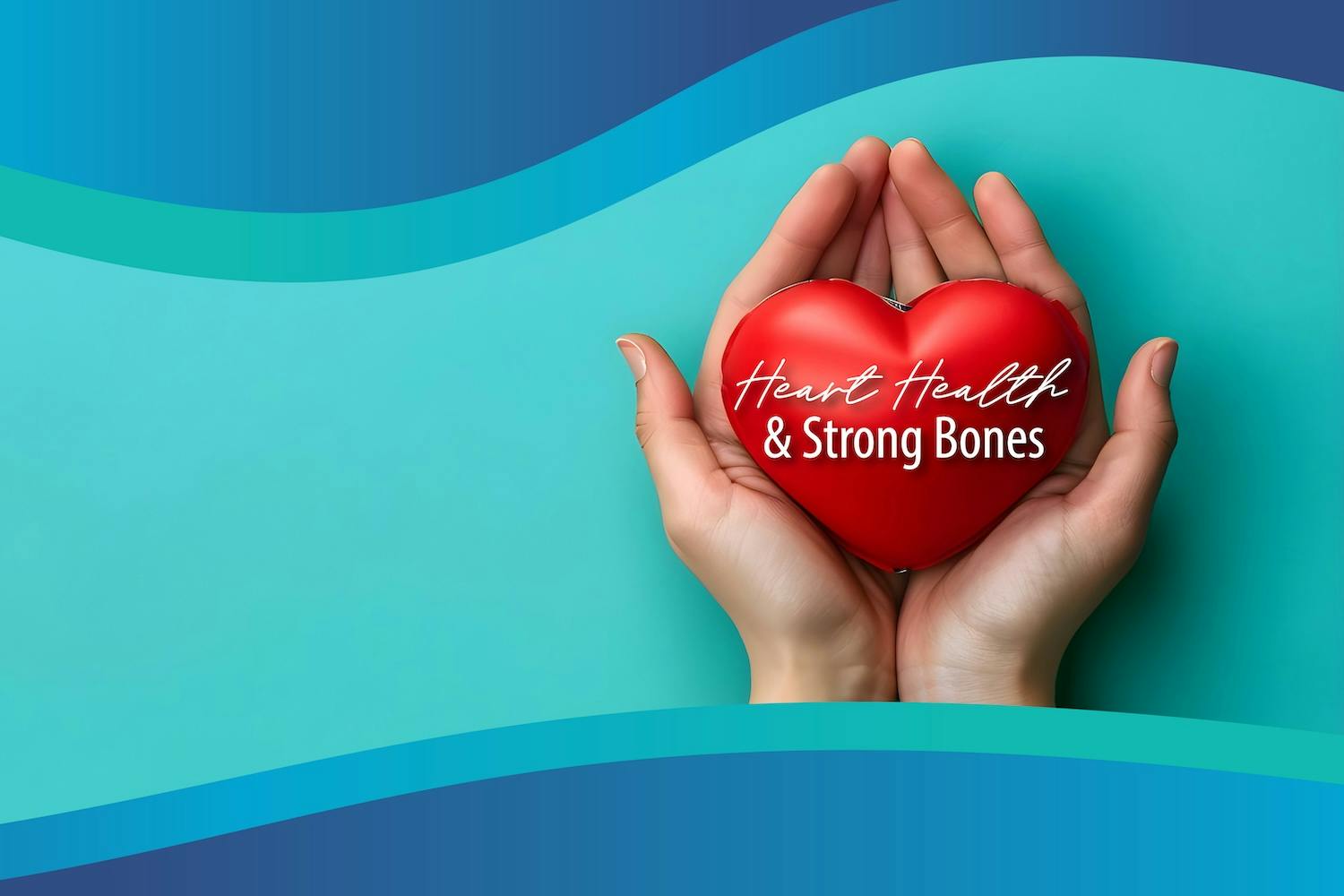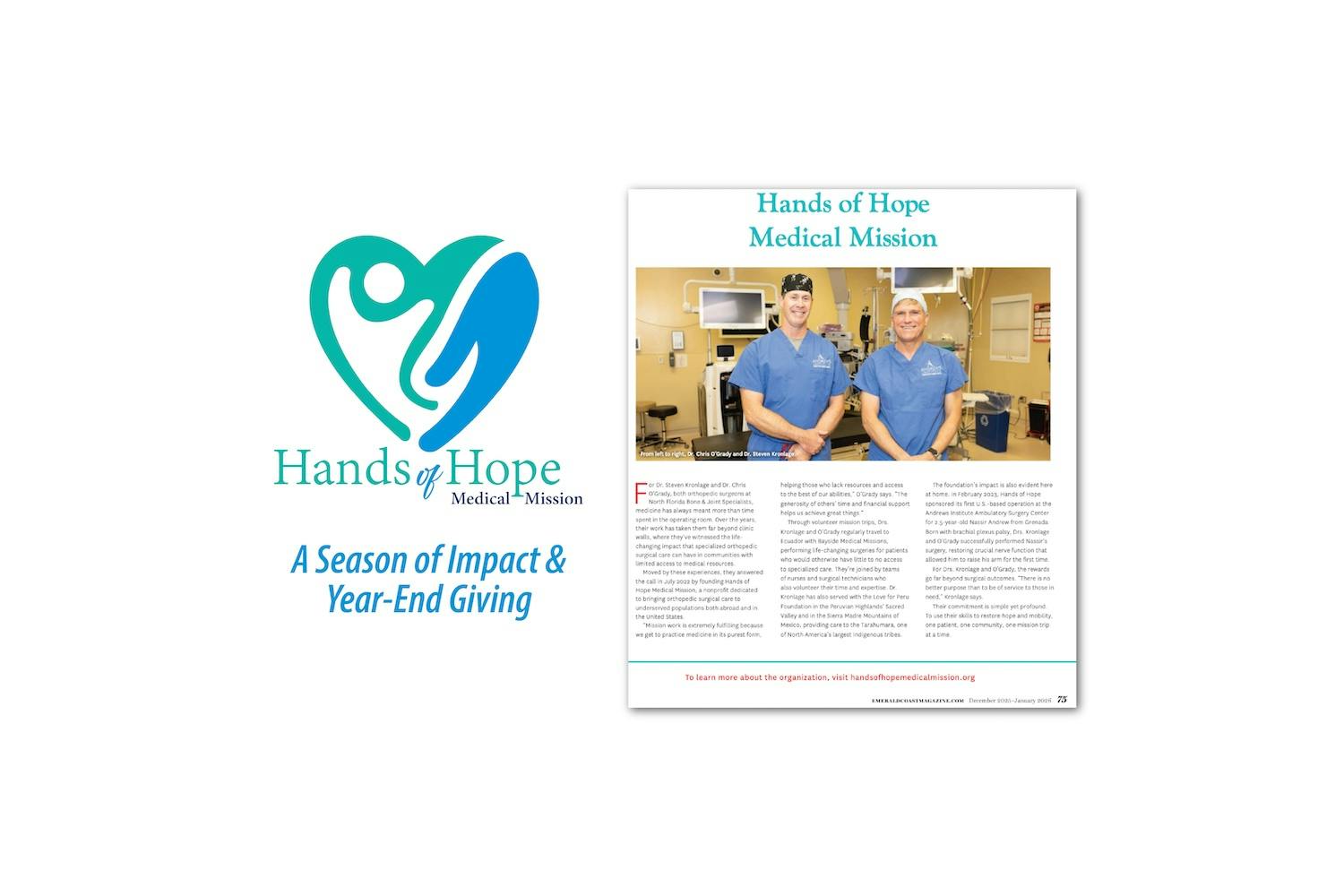With National Family Health History Day approaching next week on Thanksgiving, it’s an ideal time to consider family health history’s role in your orthopaedic and sports medicine care. While many people think of family health history in relation to heart disease or cancer, a family history of orthopaedic conditions like arthritis, osteoporosis and other joint and bone issues can also impact your own risk and health management. Understanding and documenting your family health history can empower you and your orthopaedic provider to proactively manage or prevent conditions that could affect your long-term mobility and quality of life.
How Family Health History Influences Orthopaedic Health
Many orthopaedic conditions have genetic links that can predispose certain individuals to develop them over time. Conditions like osteoporosis, which weakens bones and increases fracture risk, often run in families. Similarly, osteoarthritis—frequently referred to as “wear and tear” arthritis—has both genetic and lifestyle components, meaning if close relatives have suffered from it, you may have a higher chance of experiencing it as well.
Knowing about any history of fractures, scoliosis, or other structural issues in your family can give your provider valuable context. This information helps our orthopaedic and sports medicine specialists make informed recommendations, such as lifestyle adjustments, preventive screenings and personalized treatment plans that address your specific risk factors.
Tips for Collecting Your Family Health History
Gathering family health history may sound daunting, but it doesn’t have to be. Here are some practical steps to make the process easier:
- Start with Close Family Members: Begin by asking your parents, siblings, and grandparents about any orthopaedic conditions or injuries they’ve experienced. From there, you can extend the conversation to aunts, uncles, and cousins for a broader picture.
- Ask Specific Questions: Rather than asking broadly about health problems, ask specific questions like, “Has anyone had joint replacements?” or “Is there a history of osteoporosis?” Targeted questions make it easier to uncover details that might otherwise be overlooked.
- Document Symptoms and Ages: When possible, note the age at which a family member was diagnosed or began experiencing symptoms and any treatments they received. This timeline can help you and your provider assess if you’re at risk of developing certain conditions at similar life stages.
- Update Regularly: Health conditions can change, and new diagnoses may arise, so review and update your family health history periodically. Updating it before an orthopaedic appointment ensures your provider has the most accurate information to guide your care.
- Organize with Technology: Use digital tools, such as online family health history forms or smartphone apps, to record your information in one place. Additionally, the CDC provides an overview of the importance of your family’s health history and links to the Surgeon General’s My Family Health Portrait free online service to assist you with organizing the information.
Make Your Next Visit More Productive
Sharing a comprehensive family health history with your North Florida Bone & Joint Specialists provider equips them to provide care tailored to your needs. This Thanksgiving, consider setting aside time with family to talk about health history—it’s a valuable step toward a proactive approach to orthopaedic wellness.



